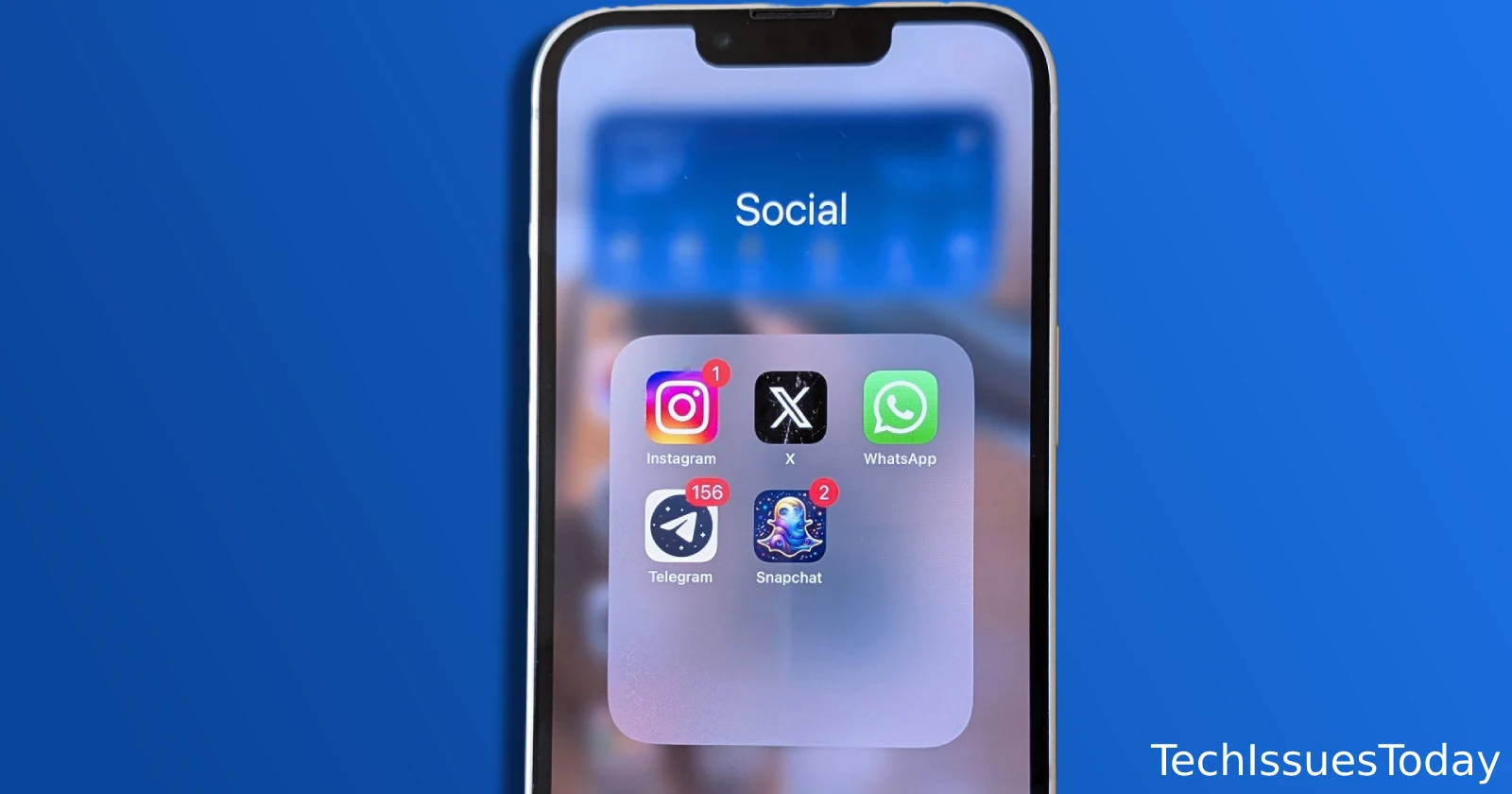RIP Social Apps, 2005-2023
— Nikita Bier (@nikitabier) September 19, 2024
As of iOS 18, friend-based contact sync apps are basically dead on arrival. The number of people consenting to the new permission has nose-dived—so there is no way to get density in a meaningful way.
But as one door closes, another opens up:
From…
Apple’s latest iOS 18 update includes a seemingly minor change that could have major implications for social media startups. As reported by The New York Times, a new privacy feature affecting contact-sharing permissions might make it significantly harder for new social apps to achieve the rapid growth needed to compete in today’s market.
The feature in question, known as “contact sync” among developers, has been a crucial tool for social and messaging apps over the past two decades. It allowed apps like Instagram, WhatsApp, and Snapchat to quickly connect new users with people they already knew, catalyzing viral growth and propelling them to the top of the App Store charts.
In iOS 18, users who agree to share their contacts with an app are now presented with a second prompt, allowing them to select specific contacts to share rather than granting access to their entire address book. While Apple argues this change gives users more control over their data, some app developers see it as a potential death knell for new social platforms.
Nikita Bier, a startup founder and adviser, told the Times that the iOS 18 changes could render new friend-based social apps “dead on arrival.” Data from startups they advise suggests that contact sharing has dropped significantly since the update, with some apps seeing up to a 25% increase in users sharing 10 or fewer contacts.
For social apps, rapid connection of new users to their friends can be critical for success. Facebook’s early growth, for instance, was driven by the discovery that users who added seven friends within 10 days of signing up were more likely to remain active on the platform. Similarly, last year a photo-sharing app — Lapse — gained significant traction on the App Store by simply forcing users to invite their contacts.
It can be argued that the change unfairly benefits established players like Facebook and Instagram, which already have large user bases and don’t need to request contact-sharing permissions from existing users. Some developers also point out that Apple’s own services, such as iMessage, are exempt from these new restrictions.
While Apple maintains that the changes are designed to protect user privacy, this just goes to show how much control platform gatekeepers like Apple wield over the tech industry. Even minor changes to their products can create dramatic ripple effects. That said, while this move might seem like a setback for app developers, there’s no denying that it’s going to please users who’re concerned about their privacy and the privacy of their contacts.
TechIssuesToday primarily focuses on publishing 'breaking' or 'exclusive' tech news. This means, we are usually the first news website on the whole Internet to highlight the topics we cover daily. So far, our stories have been picked up by many mainstream technology publications like The Verge, Macrumors, Forbes, etc. To know more, head here.


